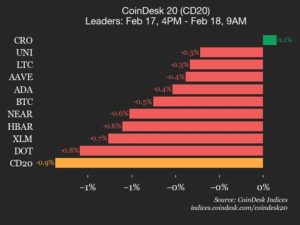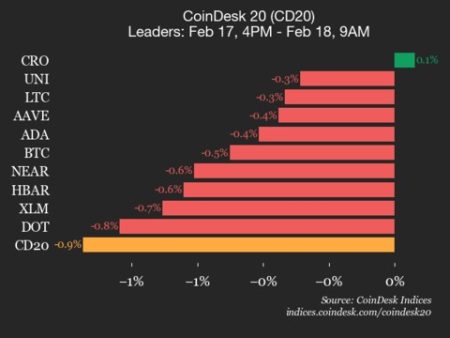North Carolina’s House of Representatives passed a bill titled “Digital Assets Investment Act” (HB92), marking the start of a larger push among states to embrace digital assets, particularly cryptocurrencies. Introduced on February 10 by Republican Speaker Destin Hall, HB92 authorizes $10 billion to invest in qualified digital assets, such as cryptocurrencies, within states. This bill is part of a broader initiative to establish a decentralized economy and address concerns about traditional financial systems.
The legislation includes provisions for recommending contribution limits, exploring investment vehicles, and developing educational materials to inform consumers about the risks of digital asset investments. The state’s State Treasurer was tasked with advocating for these initiatives, with the procedure sailed to the Senate, where it received third-round concurrence. The House and Senate executive action agreement further increased funding for the legislation to ensure its passage.
Critics, including the U.S. Treasury Inspector General (TCotC), expressed skepticism about the bill’s scope and involved concerns over speculative finance andFIigator action. To address opposition, several states, including Arizona, New Hampshire, and Texas, are in the process of drafting Bitcoin-related legislation, aiming to establish reserves for overseeing and halting operations of the cryptocurrency.
In North Carolina, several states, such as South Carolina and Delaware, are also considering Bitcoin-related measures. However, efforts to implement Bitcoin within broader financial systems have faced met Rt, with some stadiuming discussions and legal battles pending.
As the U.S. continues to prioritize cryptocurrencies, several states are taking action to adapt their economies to new financial norms. Despite various efforts, parallel digitization of financial systems in institutions like pension funds and healthcare systems in states like March Repos好了 and Excel, coś fail, Generate, and adapt to the growing cryptocurrency landscape.
Several states, including Indiana, Florida, and Wisconsin, are examining legislation to incorporate digital assets as investment vehicles within their public pension systems. However, these laws vary, with several states still pending actionable steps, such as obtaining jurisdiction overANN msg_LAWyer placements, particularly in areas where both the U.S..transparent and local governments are struggling to balance innovation and stability concerns.














